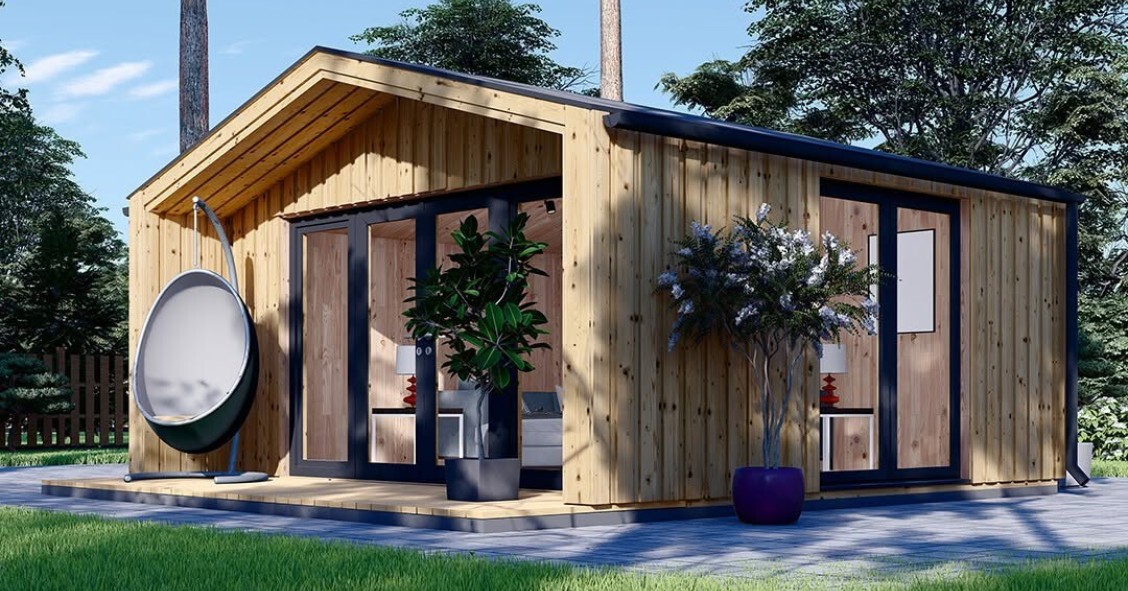
Spain is one of the countries preferred by foreigners both for holidays and for buying property. And it seems that this trend is set to continue, even at the height of the coronavirus crisis.
According to a study by the consulting firm Knight Frank, which has conducted a survey of its customers in 44 different countries, Spain is the second favorite destination for those who are thinking of moving outside their home country after the COVID-19 crisis. The United Kingdom heads the list, while behind Spain, France, Australia, Canada, Switzerland and the USA can be found. Other destinations frequently mentioned among foreigners looking for a new home are Portugal, New Zealand, Norway and Malta.
The choice of these countries is mainly based on their quality of life, good health and education, a stable currency and political stability, as well as being easily accessible destinations.
In addition, in the case of Spain, there are studies that maintain that in the main tourist destinations on the coast, the coronavirus has a lower incidence rate than in the countries of origin of those interested in buying property. For example, Malaga, Alicante, the Balearic and Canary Islands have a lower rate of cases per 100,000 inhabitants than the United Kingdom, Belgium, Holland, Belgium, France or Germany.
And as regards the reasons that drive the search for a new home in these markets are the improvement of habitual family residences (this is the main argument), followed by the possibility of having better access to quality medical care. The third most important factor is the option to purchase a holiday home in a sunny destination, followed by business or employment reasons.
The survey notes that, as a result of the pandemic, one in four people surveyed are considering changing their residence in the coming year, stating that 40% of them would look for a different property but in the same city; 26% would do so in another city but in the same country, while the remaining 34% would consider buying a home abroad (representing 9% of the total number of participants).
As Kate Everett-Allen, head of international residential research at Knight Frank, explains, "Over the past few months, we have had time to reflect on the way we live and how we use space, and there is a desire among clients to be able to have more outdoor space and a home office, for example. It is inevitable that as we come out of this period of blockade, these changes may have an impact on real estate markets around the world". She also warns that "foreign governments' management of the COVID-19 crisis will also be a key element for second home buyers".
More space inside and outside
Among the requirements stated by potential buyers when looking for a new home abroad, the search for large homes stands out (45% of those surveyed are more willing to buy a house or villa than before the coronavirus crisis), and especially if they are located on the coast (40% express interest in a house on the coast, compared to 37% who would opt for the countryside).
In addition, nearly two thirds of respondents believe that, after confinement, there will be greater likelihood of working from home, which explains the fact that 64% now consider it more important to have a home office. This is not to mention the importance of having large garden areas and sufficient outdoor space, "as the period of confinement has tightened the links between physical and mental well-being and life outdoors. On the other hand, the study shows that there is growing demand for properties to have some kind of annex where other family members can be housed, due to the fact that "perhaps the pandemic has caused the need to have elderly family members close by," the consultant adds.
Falling house prices in sight
Finally, more than half of the survey participants believe that residential property prices in Spain will fall within 12 months, although not by much. The majority opinion is that the decrease will not reach 10%. On the other hand, 25% expect them to remain stable, compared to 19% who expect housing prices to rise.
Despite this, 53% of buyers say that their budget for buying a house has remained stable and even increased compared to before the pandemic. This is a fact that, according to Knight Frank, "is probably because, with fewer opportunities to spend during confinement, some buyers have probably spent less and have been able to save". However, almost a third of those surveyed said that their budget has fallen by more than 10% since the beginning of the crisis, "undoubtedly as a result of some companies resorting to wage cuts, reduced hours or layoffs," concludes the consultant.
- Check out our list of the best places to live in Spain
- Find property for sale in Spain






